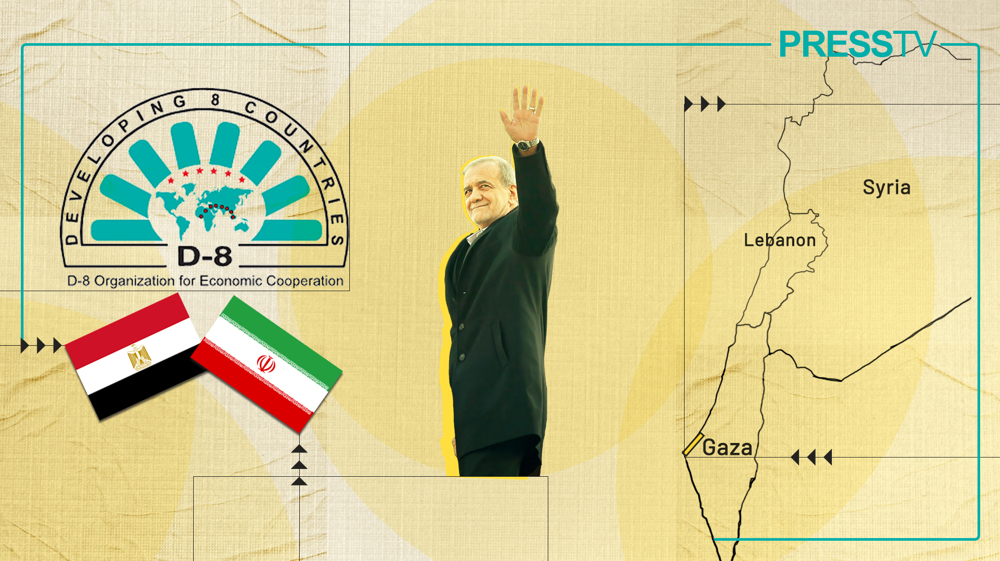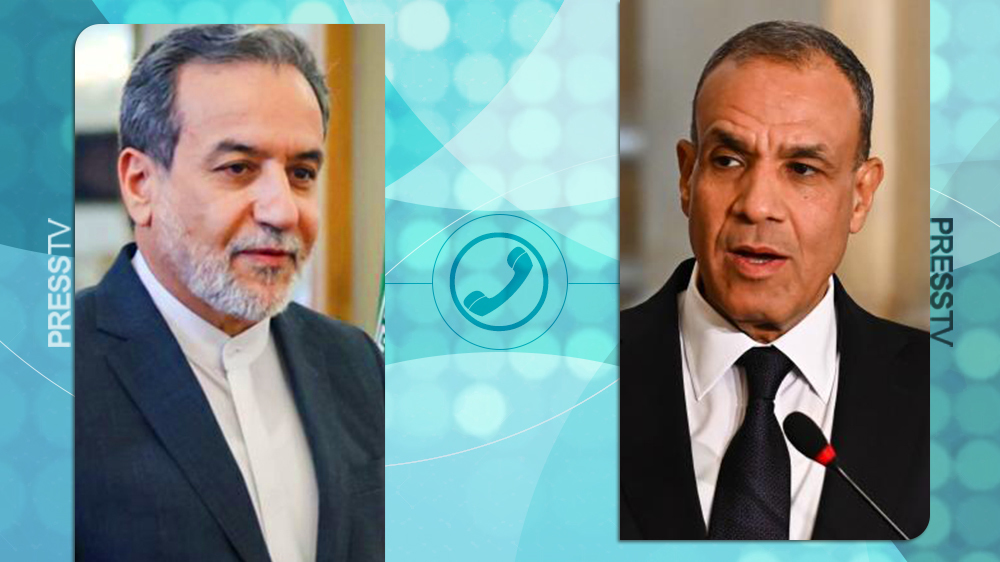264 Egypt activists died in jail due to 'medical negligence' since 2013
As many as 264 detainees in Egyptian prison facilities have died in jail since the 2013 military ouster of former President Mohamed Morsi due to what is widely described as "medical negligence" on the part of prison authorities, a report said.
Seventy-two of the detainees have died this year while in government custody due to denied access to medications or treatment facilities, the UK-based Arab Organization for Human Rights said in a statement, the Middle East Monitor reported on Monday.
The development came as other human rights groups pointed to the death of jailed political activists Essam Derbala, who was the chairman of Egypt’s prominent Jamaa al-Islamiya Shura Council in Qena, as well as Mohammad Mehdi Hajjaj.
According to the Arab African Center for Freedom and Human Rights, Hajjaj died in the Raml police station in Egypt’s second largest city of Alexandria after local authorities denied the delivery of his medication and refused to transport him to a local hospital when his condition deteriorated.
The report further noted that the list of Egyptian opposition figures who died in prison due to medical negligence includes senior Muslim Brotherhood leader Farid Ismail who died in May, Sheikh Nabil Maghribi the oldest political prisoner in Egypt who died in June, and Sheikh Morgan Salem Jouhari, a former member of the Shura Council.

In August alone, the report added, four political prisoners have so far died in government custody, including Sheikh Izzat Salamoni, Ahmed Ghozlan, Sheikh Morgan Salem Jouhari, and Mahmoud Hanafi of the Muslim Brotherhood.
Morsi himself has reportedly asked to be transferred to a private medical center, claiming that an attempt has been made to poison him inside the prison.
In a brutal government crackdown on pro-Morsi protest rallies following his ouster, at least 1,400 people have been killed and thousands arrested and jailed by security forces. Many of the detainees have been sentenced to death or long prison terms in mass trials.
Bissile fired from Yemen triggers sirens in Israeli-occupied lands
VIDEO | S Korean legal battles rage as presidential impeachment trial begins
VIDEO | Over 80% of mosques in Gaza destroyed by Israeli regime
VIDEO | Jordanians take to streets of Amman to support Resistance
VIDEO | Protests erupt in Pakistan over Parachinar crisis
US and UK launch new airstrikes on Yemeni capital
Homelessness up 18 percent in US in last year
VIDEO | Yemenis hold nationwide rallies in support of Palestine










 This makes it easy to access the Press TV website
This makes it easy to access the Press TV website